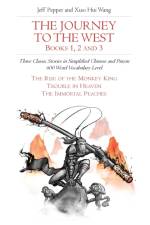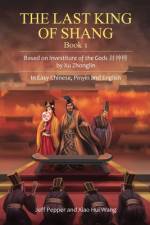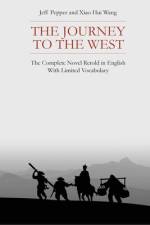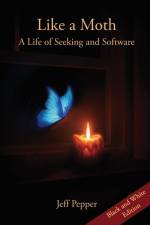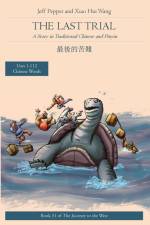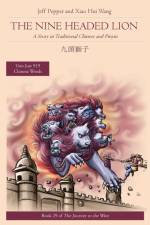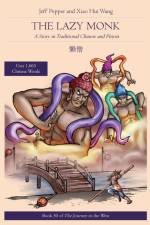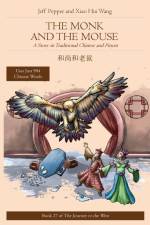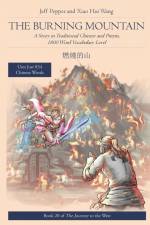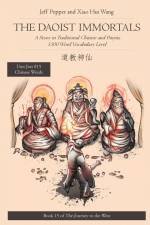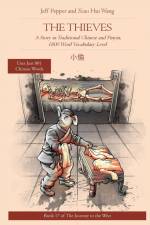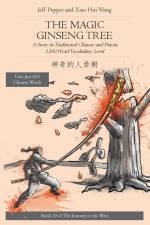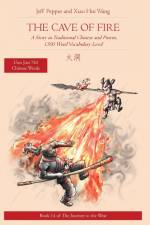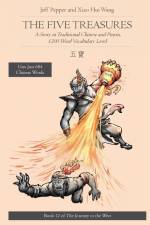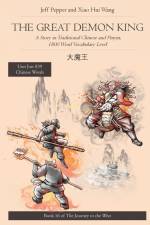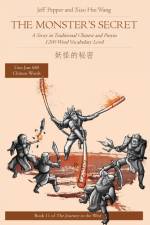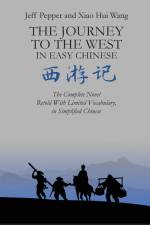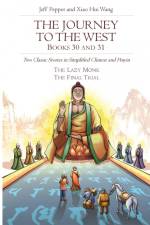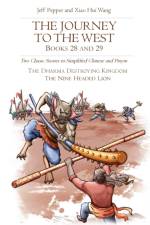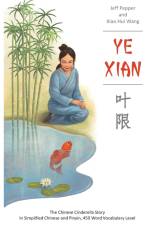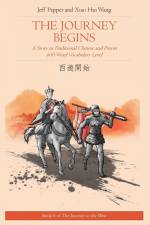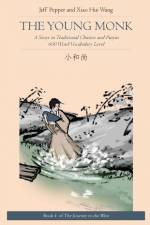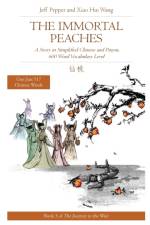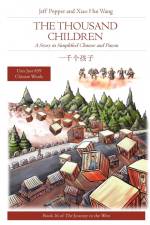av Jeff Pepper
349,-
In ancient China, the Shang kingdom descends into chaos as Daji, the beautiful thousand year old fox spirit, bewitches the king. Opposing him, the brilliant strategist Jiang Ziya navigates political intrigue and divine machinations to protect the kingdom. Mortals and immortals intertwine in alliances, betrayals, and sacrifice, as they grapple with fate, love, and the power of destiny.This book, the second in the series, is based on chapters 18 through 34 of The Investiture of the Gods. It is a compelling tale of honor, ambition, and divine struggles, with rich storytelling and vivid imagery. This high-stakes saga explores the clash between gods and humans, and the trials of those who must choose between loyalty to the king and their own honor.Best-selling authors Jeff Pepper and Xiao Hui Wang have retold this epic story to make it accessible to Chinese readers of all levels, using a limited vocabulary, simpler sentences, and fewer proper nouns. Each page of Chinese is also shown in phonetic pinyin. Words not included in the HSK4 list of commonly used words are defined where they first appear. A full English translation and glossary are included in the back of the book. A free audiobook is available on YouTube.Jeff Pepper and Xiao Hui Wang are co-authors of dozens of popular books for English-speaking people learning Chinese language and culture, including the 31-volume Journey to the West series, and innovative translations of the Dao De Jing, Art of War, and San Zi Jing. Their books are available at www.imagin8press.com and from most online booksellers.

